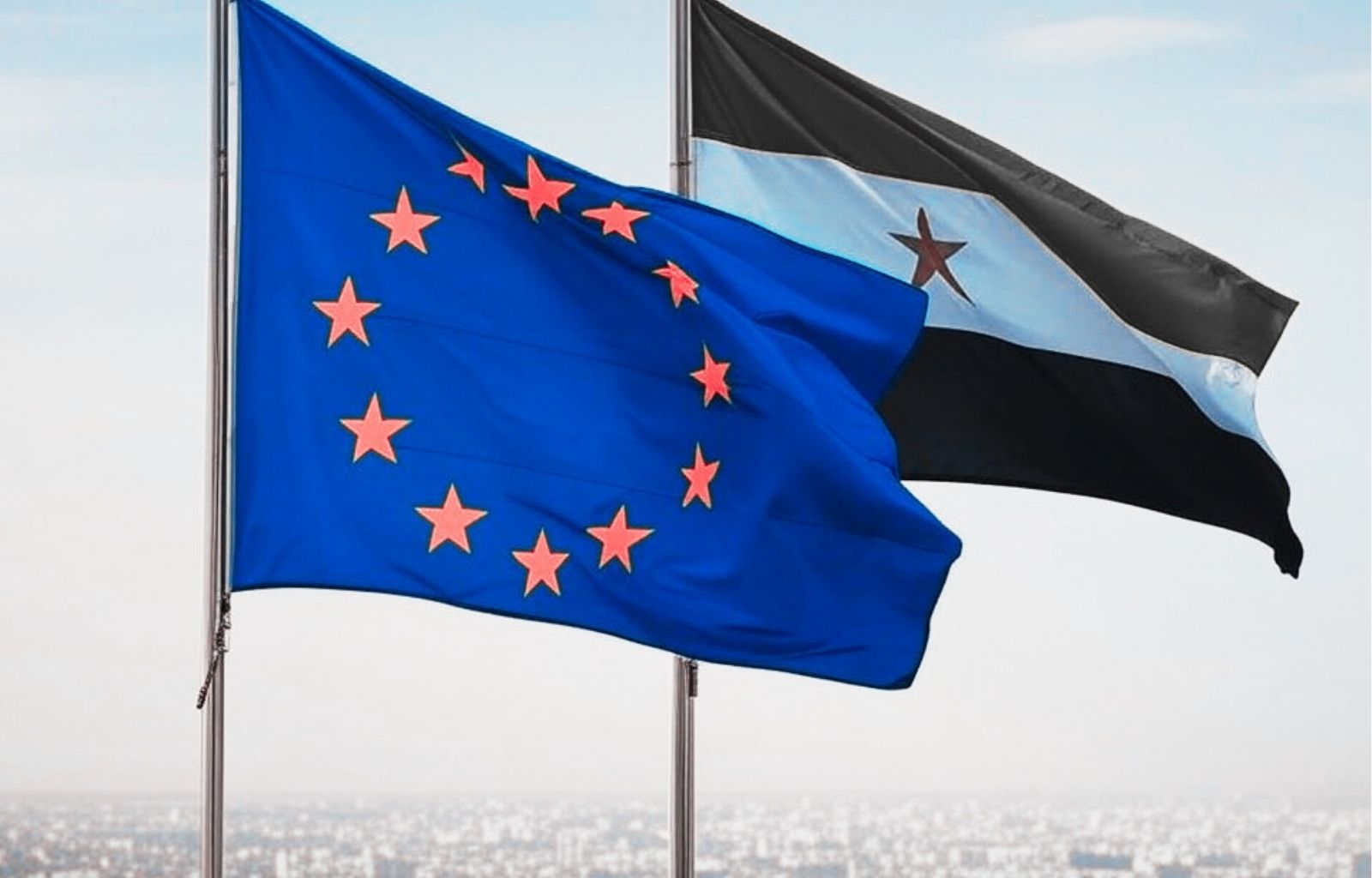Why do the Chinese want to tax European brandy?

With European duties on Chinese electric cars coming into force, the European car market faces a new era of trade tensions. The European Commission has imposed anti-dumping duties of up to 35% to defend local manufacturers against the wave of cheap Chinese electric vehicles, which are accused of benefiting from unfair state subsidies. In response, Beijing threatened to hit iconic European luxury products, such as brandy, opening a trade front that could have significant repercussions.
A market in transition and turbulence
In 2023, the car market in Europe reached a total of 12.8 million registrations with electric vehicles selling 1.5 million units, now accounting for almost 12 per cent of the market. The best-selling model was the Tesla Model Y with its 254,800 registrations. The European market is now one of the main areas of growth and consolidation for Elon Musk ‘s company, which has invested in the construction of the Gigafactory in Berlin, opening in March 2022 with a production capacity of around 500,000 vehicles per year.
And if 2023 was the year of Tesla’s dominance, the first half of 2024 is marked by the significant entry of Chinese competitors with brands such as BYD and MG starting to gain ground with competitive electric offers.
A European market to be defended
The European automotive industry is a pillar of the continental economy, with 322 production plants spread across Germany, France, Italy, Spain and other countries, directly employing around 2.6 million people. Germany undisputedly leads production – around 3.7 million vehicles – with plants such as Wolfsburg (Volkswagen Golf) and thanks to Elon Musk’s investment in Berlin for the production of the Tesla Model Y, followed by Spain – 2.2 million – and France – 1.8 million vehicles.
In Italy, the automotive industry focuses mainly on the plants in Pomigliano d’Arco (Fiat Panda) and Melfi (Fiat 500). In the first half of 2024, about 480,000 cars were produced, a reduction of 25 per cent compared to 2023, putting Italy in seventh place among the producing countries in Europe. Our country is paying dearly for Stellantis’ disinvestment, which puts us out of the electric market.
The Chinese problem and the challenge of Europe
Chinese competition is not just an economic issue, but a strategic one. Brands such as BYD, MG and Geely, supported by aggressive industrial policies, have introduced electric vehicles into the European market at competitive prices. The duties imposed by the EU aim to curb this advance, but could have side effects, such as increased costs for consumers.
And in the meantime, Beijing is not standing idly by and is starting to show its teeth: the duties on brandy, announced in retaliation, could be just the first step in a broader trade battle, capable of hitting other key sectors of the European economy, such as luxury and agri-food.
Why choose brandy as the answer to car duties?
France was one of the main promoters of theEU investigation against state subsidies for Chinese electric cars. Hitting brandy, a flagship product of French exports, sends a direct political message to the French government.
But there is much more. The Chinese choice is a demonstration of a very careful strategy. Hitting a specific product associated with only one country limits the risk of a coordinated reaction by the entire European Union. In contrast, sanctioning a product of broad European interest could have united the member states against China. By focusing its response on France, China seeks to divide European unity, prompting other countries to take a softer stance against Chinese imports.
Moreover, brandy is not a key product for the Chinese economy, nor for the local production chain. Hitting it is a choice that creates harm to French producers without having a significant effect on the Chinese domestic market.
Protectionism is not enough and has side effects
Protectionism may help in the short term, but on its own it does not solve structural problems. Only with a coordinated plan – such as incentives for battery production, investment in research, consolidation strategies – could we turn this crisis into an opportunity.
It is all well and good to defend our industries, but we must choose our strategies bearing in mind that the side effects can go far beyond the object of contention by linking seemingly distant products and markets with an invisible thread like the one that links cars and brandy today and who knows tomorrow.








